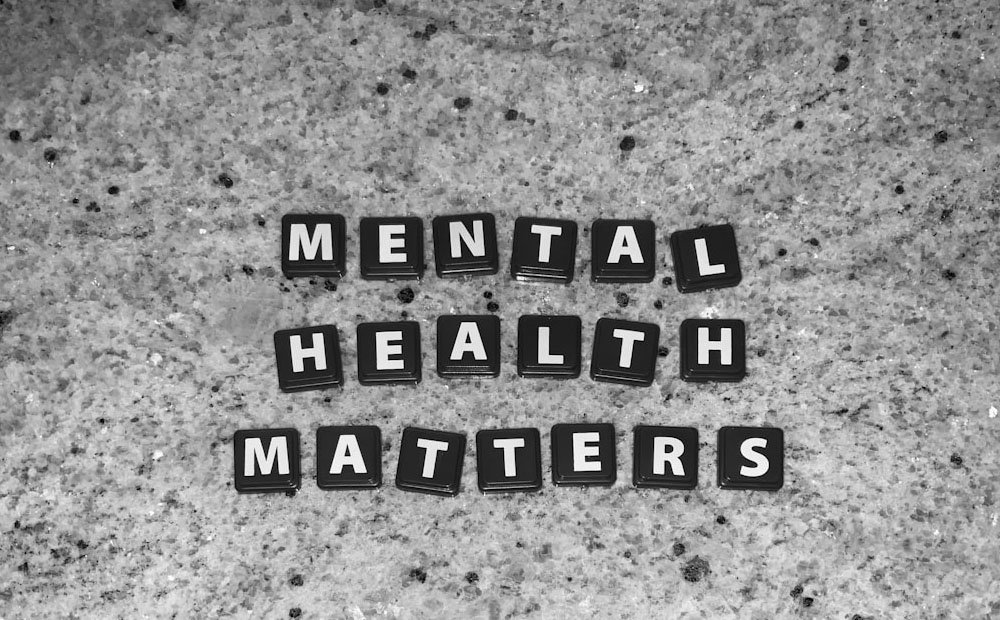The journey to mental wellness can be especially challenging for individuals within the LGBTQIA+ community, who often face unique social stresses and personal hurdles. Recognizing the impact of these experiences on mental health is vital to providing practical support. Inclusive therapy creates an environment where LGBTQIA+ individuals feel truly seen, heard, and understood without fear of judgment or discrimination. In this article, we explore the importance of inclusive therapy and its positive effects on mental health outcomes for LGBTQIA+ clients. Keep reading to understand more about these crucial services.
Training and Resources for Therapists: Cultivating LGBTQIA+ Competency
As the demand for inclusive therapy grows, so does the need for therapists to receive adequate training and resources. This training should extend beyond basic awareness of LGBTQIA+ issues to an in-depth understanding of the nuances and complexities within the community. Cultivating a deeply empathetic skill set is imperative to providing the highest standard of care.
Professional development opportunities, such as workshops, seminars, and continuing education courses, help therapists stay informed about the latest research and best practices in LGBTQIA+ mental health. Immersion in these learning environments promotes therapist growth and improves client outcomes.
Networking with organizations and professionals who specialize in LGBTQIA+ therapy is also essential. This allows therapists to access a broader pool of knowledge and peer support, which can be invaluable for those who might be new to addressing the specific needs of this community.
Resources such as online forums, scholarly articles, and the Inclusive Therapy Group LGBTQIA+ therapy provide platforms for therapists to gain insights into client experiences. Keeping up to date with these resources ensures that therapists remain sensitive and responsive to the evolving nuances of LGBTQIA+ mental health care.
Understanding the Unique Mental Health Challenges of LGBTQIA+ Individuals
LGBTQIA+ individuals frequently encounter societal barriers and prejudices that can significantly impact their mental health. Stigmatization, discrimination, and the struggle for acceptance often lead to increased levels of anxiety, depression, and stress-related disorders. The internal fight between personal identity and societal expectations can cause profound psychological turmoil.
The increased risk of mental health issues in the LGBTQIA+ population cannot be ignored. High rates of substance use, suicidality, and other mental health concerns are much more prevalent compared to heterosexual or cisgender counterparts. This stark contrast emphasizes the critical nature of specialized support for LGBTQIA+ individuals.
Within the LGBTQIA+ community, intersectionality plays a crucial role, and factors such as race, ethnicity, and socioeconomic status can compound the mental health challenges faced. This complexity requires a nuanced and informed approach to therapy that acknowledges and respects these layers of identity.
Inclusive therapy must be rooted in understanding and sensitivity to the specific needs of LGBTQIA+ clients. This means establishing a therapeutic space where gender identity and sexual orientation are not just acknowledged but treated as integral aspects of the individual’s identity. In such spaces, clients feel empowered to discuss their full experiences without fear of bias.

How Inclusive Therapy Promotes Better Outcomes for LGBTQIA+ Mental Health
When therapy is inclusive and affirming, LGBTQIA+ clients are more likely to remain engaged in the treatment process. It offers a safe space for individuals to explore all aspects of their identities, fostering self-acceptance and growth. This comfort level can lead to more open and honest communication, a bedrock for effective therapy.
Inclusive therapy also addresses the specific traumas and stresses that LGBTQIA+ individuals may endure, such as rejection, bullying, and internalized homophobia. By confronting these issues in a supportive environment, clients can develop healthier coping mechanisms and start to heal from past hurts.
Affirming one’s identity within therapeutic practice further supports positive mental health outcomes. When clients are assured that they are in a nonjudgmental space, they can confidently work through their challenges, knowing they are understood and validated.
Altogether, inclusive therapy plays a crucial role in fostering mental well-being by addressing the distinct challenges LGBTQIA+ individuals face in a supportive, affirming space. It strengthens the therapeutic alliance, allowing clients to feel secure, validated, and empowered in their journey toward healing.



